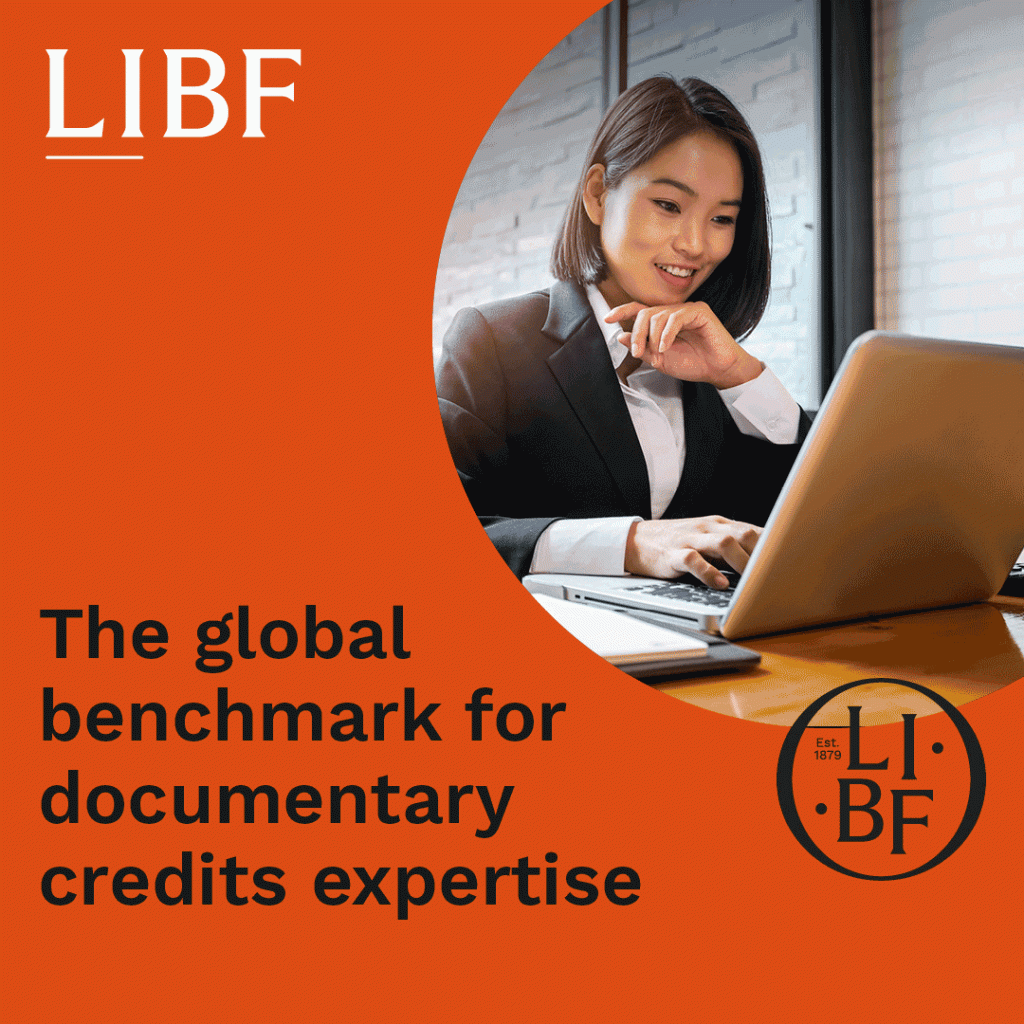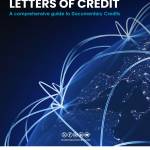eUCP Explained

Access trade, receivables and supply chain finance
We assist companies to access trade and receivables finance through our relationships with 270+ banks, funds and alternative finance houses.
Get Started
ADVERTISEMENT
Contents
eUCP Explained
The ICC recently issued a supplement on the latest eRules for the Uniform Customs & Practice for Documentary Credits (eUCP 600). This is the second version (V2.0). Here, we summarise the key changes in the eUCP documentation, and how this supplements UCP rules.
What is UCP?
The Uniform Customs & Practice for Documentary Credits (UCP 600) is a set of rules agreed by the International Chamber of Commerce (ICC), which apply to finance institutions which issue Letters of Credit. Used by letter of credit practitioners worldwide, UCP are the most successful private rules for trade ever developed. Bankers, traders, lawyers, transporters, academics and all who deal with letter of credit transactions worldwide will refer to UCP 600 on a daily basis.
eRules and the eUCP
To advance the digitalisation of trade finance practices , ICC issued new electronic rules (eRules); they came into effect on the 1st of July. The eRules will be continually monitored and updated to reflect future technological developments and trends that emerge in trade finance. ICC will ensure that the eRules remain applicable to banks and other trade finance institutions. Acknowledging the significance of these rules for the work of trade finance professionals, ICC made the full text of eURC and eUCP available online. ICC has also published an in depth guidance of the changes in the eUCP v1.1 to v2.0 and the newly drafted eURC v 1.0.
The content of the eRules will be continually monitored in order to ensure they work in the context of electronic documentation and trade. The eUCP will be continuously reviewed by trade practioners to feed back updates and monitor eUCP in practise.
In the following page we will provide you with a line by line summary of eUCP v 2.0 and key changes.
What changed in the electronic presentation for UCP (eUCP)?
Preliminary Considerations
- Introduced in eUCP Version 2.0 for the first time
Article e1
- Scope of the Uniform Customs and Practice for Documentary Credits (UCP 600) Supplement for Electronic Presentations (“eUCP”)
- Heading re-worded in order to add the shorthand rendition “eUCP”
- Minor structural changes
- Clarification that if an eUCP credit does not indicate the applicable version of the eUCP, it is subject to the latest version
- Addition of the requirement to add a physical location of a bank
Article e2 (Relationship of the eUCP to the UCP)
- Minor structural changes
Article e3
- Definitions
- Minor structural changes
- Format of each term reflects that used in UCP 600
- Addition of “data processing system” to the “place for presentation”
- New definition for “Presenter”
- New definition for “Data corruption”
- New definition for “Data processing system”
- Definition of “Electronic record” expanded to include logically associated information
- Deleted the word “traditional” from the definition of “paper”
- Definition of “Received” now refers to a data processing system, and includes added reference to viewing and examination
- New definition for “Re-present” and “re-presented”
Article e4 (New Article)
- Electronic Records and Paper Documents v. Goods, Services or Performance
Article e5
- Format
- Minor structural changes
Article e6
- Presentation
- Structural and grammatical changes
- Amend ‘beneficiary’ to ‘presenter’
- More precise explanation as to which banks are impacted
- Clarification that the notice of completeness acts as notification that the presentation is complete
- Clarification that the period for examination commences upon receipt of the notice of completeness
- A notice of completeness is not required in the forwarding of electronic records by a nominated bank to a confirming or issuing bank
- Additional methods are added in order to identify an eUCP credit
- In the event that the expiry date and/or last day for presentation are extended, it should be indicated in the covering schedule that this is in accordance with the rules
Article e7
- Examination
- Sub-articles moved from the previous article e7 (Notice of Refusal)
- Minor structural changes
- Expansion to nominated bank acting on its nomination, a confirming bank, if any, or the issuing bank
- Clarification that the forwarding of electronic records by a nominated bank indicates that it has satisfied itself as to the apparent authenticity of the records
- Addition of a sub-article to address the inability of an issuing bank or confirming bank to access electronic records already found compliant by a nominated bank
Article e8
- Notice of Refusal
- Minor structural changes
- Sub-articles moved for relevance to new article e7 (Examination)
Article e9
- Originals and Copies
- Minor structural changes
Article e10
- Date of Issuance
- Change of emphasis in that an electronic record must now be dated
Article e11
- Transport
- Addition of ‘taking in charge’ and ‘goods accepted for carriage’
- Minor structural changes
Article e12
- Data Corruption of an Electronic Record
- Title of article amended for preciseness
- Clarification of the role of the banks
- Minor structural changes
Article e13
- Additional Disclaimer of Liability for Presentation of Electronic Records under eUCP
- Minor structural changes
- Reference to a data processing system
- Banks are liable for their own data processing systems
Article e14 (New Article)
- Force majeure
Our trade finance partners
- Letters of Credit / Documentary Credit Resources
- All Letters of Credit Topics
- Podcasts
- Videos
- Conferences




















